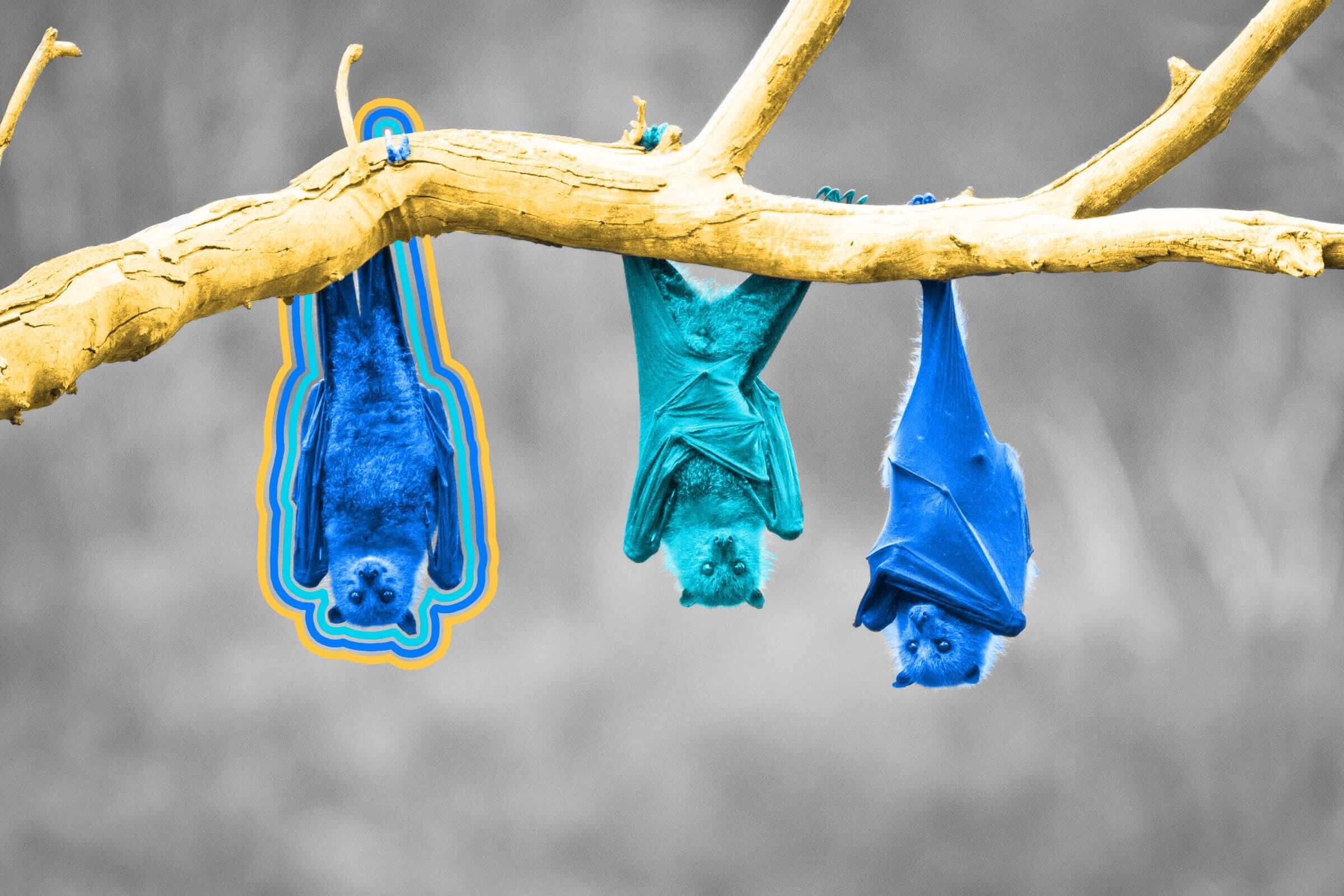Civil Unrest
How to Prepare for Civil Unrest
The best way to prepare for civil unrest is the same as you would prepare for any other disaster: stockpile lots of food, water, and other supplies, have replenishable food and water sources on hand, and beef up the defenses for your home with acrylic glass windows and metal doors with heavy duty locks and hinges at the bare minimum.
But there’s one more thing you’ll want to do above all else to help yourself stay safe in such a scenario: fly under the radar.
When urban centers descend into chaos during civil unrest, seeking refuge in the wilderness could be the only option. But surviving in the wild isn’t just about basic skills—it’s about knowing how to live off the land long-term.
That’s why I rely on this guide. This isn’t your typical survival manual; it’s a practical tool that teaches you the forgotten wisdom of our ancestors who didn’t just survive in the wild – they thrived there. So, when you need to head for the hills, make sure this handbook is in your backpack; it could be your lifeline in uncertain times.
Don’t be one of the many thousands of people who will be frantically going to the grocery stores to get supplies, don’t get involved in the demonstrations and protests, don’t provoke anybody into a fight, and do not tell anyone (except those who you absolutely trust) that you are a prepper and have a stockpile of provisions.
That’s because after all of the stores have been looted, raiders and marauders will turn to the next big targets to get the supplies they need: homes. Burglaries are already unfortunately too common of an occurrence, and they will become even more so during a widespread societal unrest that law enforcement cannot contain.
Make your home more defensible, don’t tell anyone about your provisions, and do not get involved in the unrest itself. Collectively, this is the number one thing you can do to prepare yourself for any kind of widespread civil unrest, and this principle holds true regardless of whether you live in the city or in the countryside.
How to Prepare for Civil Unrest
The best way to prepare for civil unrest is the same as you would prepare for any other disaster: stockpile lots of food, water, and other supplies, have replenishable food and water sources on hand, and beef up the defenses for your home with acrylic glass windows and metal doors with heavy duty locks and hinges at the bare minimum.
But there’s one more thing you’ll want to do above all else to help yourself stay safe in such a scenario: fly under the radar.
When urban centers descend into chaos during civil unrest, seeking refuge in the wilderness could be the only option. But surviving in the wild isn’t just about basic skills—it’s about knowing how to live off the land long-term.
That’s why I rely on this guide. This isn’t your typical survival manual; it’s a practical tool that teaches you the forgotten wisdom of our ancestors who didn’t just survive in the wild – they thrived there. So, when you need to head for the hills, make sure this handbook is in your backpack; it could be your lifeline in uncertain times.
Don’t be one of the many thousands of people who will be frantically going to the grocery stores to get supplies, don’t get involved in the demonstrations and protests, don’t provoke anybody into a fight, and do not tell anyone (except those who you absolutely trust) that you are a prepper and have a stockpile of provisions.
That’s because after all of the stores have been looted, raiders and marauders will turn to the next big targets to get the supplies they need: homes. Burglaries are already unfortunately too common of an occurrence, and they will become even more so during a widespread societal unrest that law enforcement cannot contain.
Make your home more defensible, don’t tell anyone about your provisions, and do not get involved in the unrest itself. Collectively, this is the number one thing you can do to prepare yourself for any kind of widespread civil unrest, and this principle holds true regardless of whether you live in the city or in the countryside.
Civil Unrest
How to Prepare for Civil Unrest
The best way to prepare for civil unrest is the same as you would prepare for any other disaster: stockpile lots of food, water, and other supplies, have replenishable food and water sources on hand, and beef up the defenses for your home with acrylic glass windows and metal doors with heavy duty locks and hinges at the bare minimum.
But there’s one more thing you’ll want to do above all else to help yourself stay safe in such a scenario: fly under the radar.
When urban centers descend into chaos during civil unrest, seeking refuge in the wilderness could be the only option. But surviving in the wild isn’t just about basic skills—it’s about knowing how to live off the land long-term.
That’s why I rely on this guide. This isn’t your typical survival manual; it’s a practical tool that teaches you the forgotten wisdom of our ancestors who didn’t just survive in the wild – they thrived there. So, when you need to head for the hills, make sure this handbook is in your backpack; it could be your lifeline in uncertain times.
Don’t be one of the many thousands of people who will be frantically going to the grocery stores to get supplies, don’t get involved in the demonstrations and protests, don’t provoke anybody into a fight, and do not tell anyone (except those who you absolutely trust) that you are a prepper and have a stockpile of provisions.
That’s because after all of the stores have been looted, raiders and marauders will turn to the next big targets to get the supplies they need: homes. Burglaries are already unfortunately too common of an occurrence, and they will become even more so during a widespread societal unrest that law enforcement cannot contain.
Make your home more defensible, don’t tell anyone about your provisions, and do not get involved in the unrest itself. Collectively, this is the number one thing you can do to prepare yourself for any kind of widespread civil unrest, and this principle holds true regardless of whether you live in the city or in the countryside.
0 Commenti
0 condivisioni
1K Views










